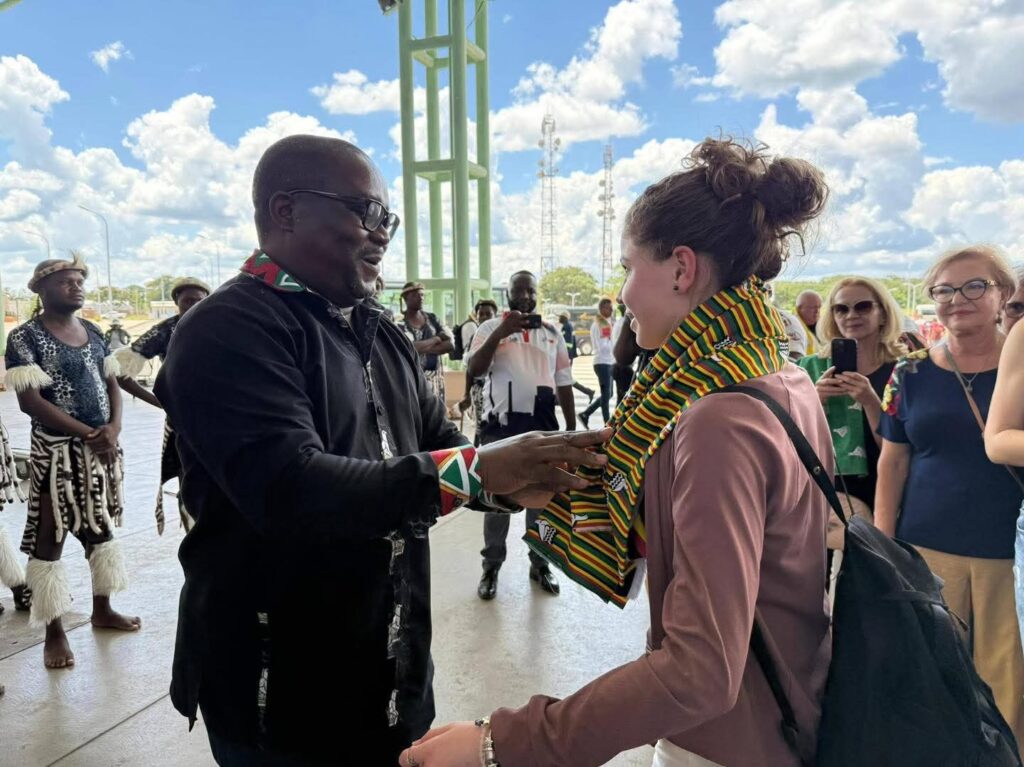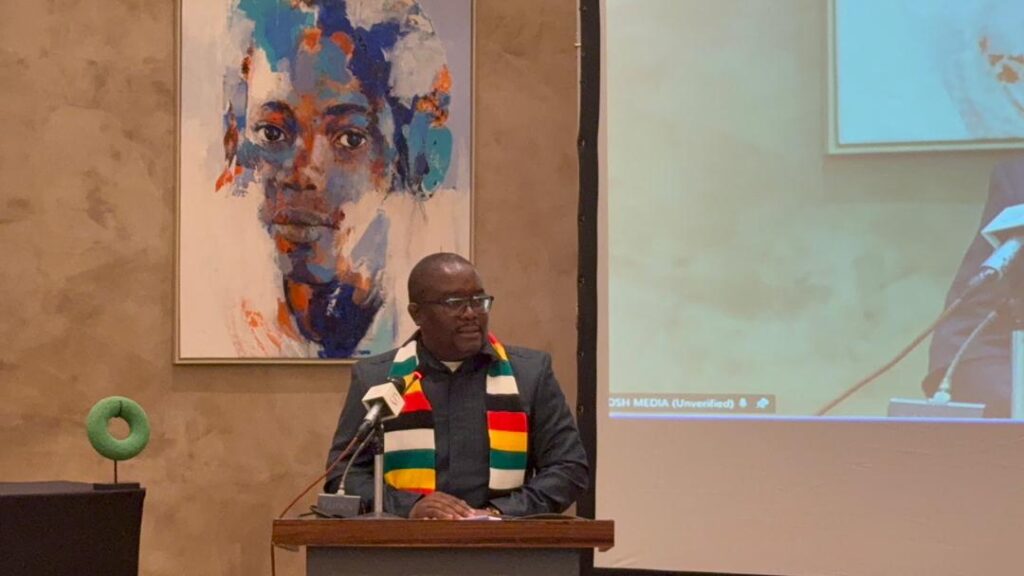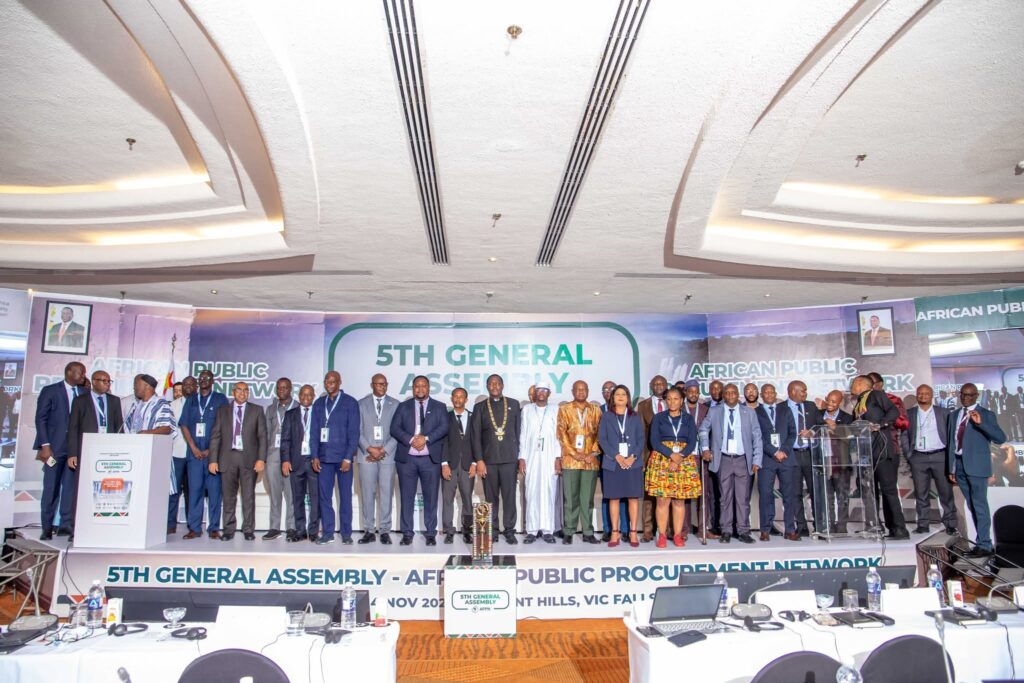BREAKTHROUGH TWICE-YEARLY HIV PREVENTION DRUG ARRIVES IN ESWATINI IN HISTORIC GLOBAL HEALTH PARTNERSHIP
Written by Staff Reporter on November 19, 2025
In a landmark moment for the fight against HIV, the first doses of the revolutionary prevention drug Lenacapavir were delivered to Eswatini, marking the fastest-ever global access to a new HIV medicine for sub-Saharan Africa.
The rollout was announced during a digital press briefing hosted by the U.S. Department of State’s Africa Media Hub, featuring senior U.S. officials, the CEO of Gilead Sciences, and the head of The Global Fund. The initiative is a cornerstone of the new America First Global Health Strategy, emphasizing partnership with African nations and market-driven solutions.
Lenacapavir, developed by the American pharmaceutical company Gilead Sciences, is the world’s first long-acting HIV prevention injection. Administered just twice a year, it has demonstrated a nearly 100% efficacy rate in clinical trials, offering a powerful new tool to curb new infections.
“This is extraordinary. It sets a new bar for global access,” said Daniel O’Day, Chairman and CEO of Gilead Sciences, who spoke from the Ministry of Health in Eswatini. “It’s the first time in history that a new HIV medicine is reaching a country in Sub-Saharan Africa in the same year as approval in the United States.”
The effort is a collaboration between the U.S. Government, via the President’s Emergency Plan for AIDS Relief (PEPFAR), The Global Fund to Fight AIDS, Tuberculosis and Malaria, and Gilead. Together, PEPFAR and The Global Fund have committed to purchasing up to 2 million doses of Lenacapavir, which Gilead is providing at a no-profit price to high-burden countries.
Brad Smith, Senior Advisor for the Bureau of Global Health Security and Diplomacy, announced that due to high demand, the U.S. has increased its initial commitment for 2026 from 250,000 to 325,000 doses. Combined with The Global Fund’s purchase, this secures 100% of Gilead’s available supply of 600,000 doses for next year.
“We anticipate a continued increase in demand and production capability over time to help us meet the 2 million doses goal by mid-2027, or hopefully before,” Smith stated.
Eswatini, which has the highest HIV incidence rate in the world but has also remarkably surpassed the UNAIDS 95-95-95 treatment targets, was chosen for the inaugural delivery.
“Lenacapavir is a game-changer. There’s no way of understating it,” said Peter Sands, Executive Director of The Global Fund. “It brings forward the promise of ending HIV as a public health threat in a very, very short time if we deploy at scale and at speed.”
The initial program in Eswatini will support over 6,000 people at high risk of HIV, with a specific focus on eliminating mother-to-child transmission. The partners are working with the Eswatini government to leverage existing PEPFAR-supported supply chains for distribution.
Officials emphasized that the strategy is designed to build sustainable health systems and eventually transition to nationally financed programs. A key part of this plan involves generic manufacturing.
Gilead’s O’Day confirmed that the company has already issued voluntary licenses to six generic manufacturers, with generic versions of Lenacapavir expected to hit the market as early as 2027, which will significantly drive down costs and ensure long-term, sustainable access.
In response to questions about who will receive the drug first, officials explained that allocation between countries is based on HIV disease burden. Within each country, including the initial 10 African nations in the program, governments are developing distribution plans in partnership with PEPFAR and The Global Fund to prioritize the highest-risk populations and geographies.
Brad Smith framed the initiative as a new model for U.S. global health engagement. “The America First Global Health Strategy transforms America’s global health work into one focused on strengthening African health systems and strengthening market-driven partnerships like we’re here today to talk about.”
The delivery in Eswatini represents a significant step forward, offering new hope in the long-standing battle to end the HIV epidemic.






 Breeze FM
Breeze FM